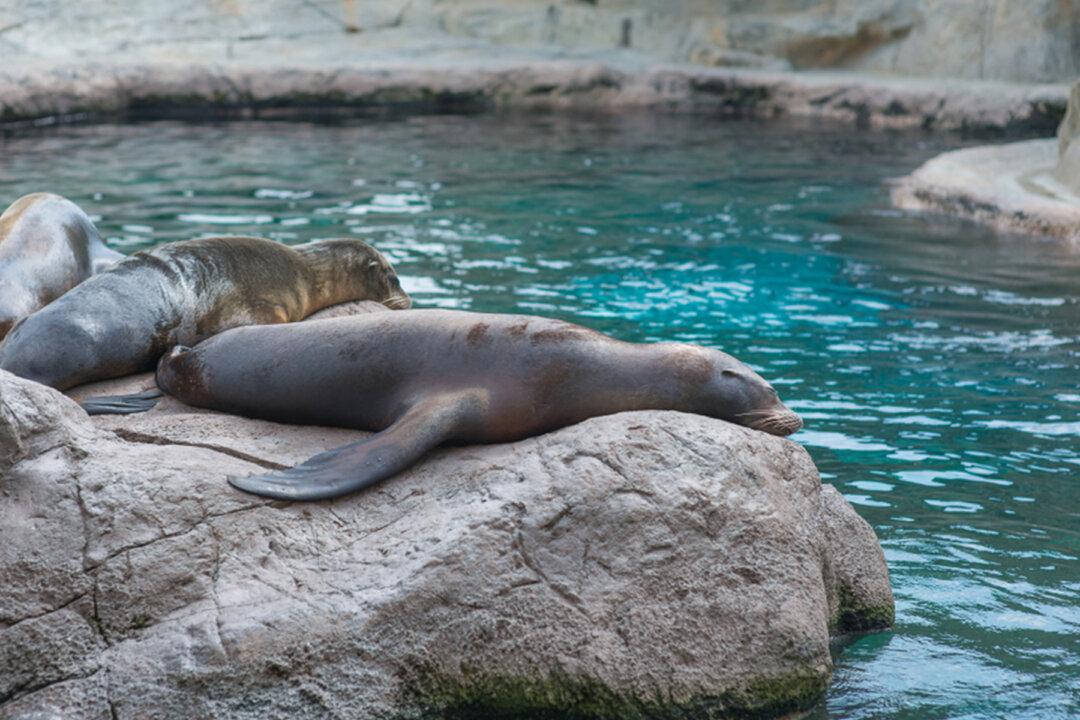A marine zoo in the United Kingdom forced to close amidst the pandemic admits that its staff may need to destroy hundreds of animals if they cannot be appropriately rehomed.
Living Coasts zoo in the town of Torquay in Devon, southwest England, closed its doors to visitors permanently, citing huge financial losses since the nation’s lockdown measures were implemented. The facility is home to hundreds of marine animals including African penguins, macaroni penguins, South American fur seals, and numerous species of sea birds.





